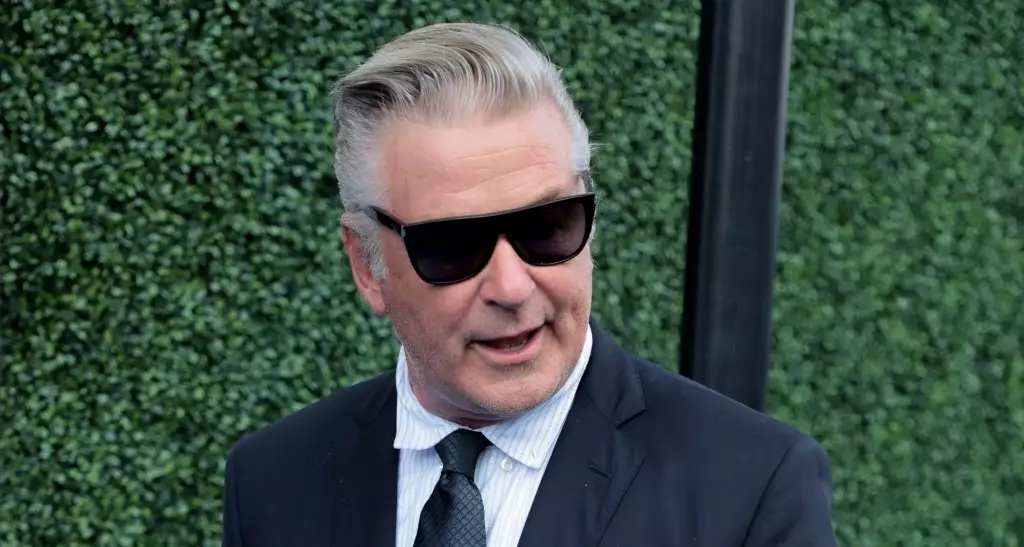In October 2021, the tragic shooting incident on the set of the film *Rust* claimed the life of cinematographer Halyna Hutchins, an event that sent shockwaves through Hollywood and raised serious questions about safety on film sets. Alec Baldwin, a prominent actor and producer, was holding the firearm that fired the fatal shot during a rehearsal. Although Baldwin has continuously claimed he did not pull the trigger, the situation escalated into a legal nightmare, leading to involuntary manslaughter charges against him. However, in July of this year, the case was dismissed, sparking a new round of legal debates and requests for reconsideration by the prosecution.
Baldwin’s legal team, comprised of skilled attorneys Alex Spiro and Luke Nikas, has rallied to ensure that the dismissal is indeed final. Their motion to the court effectively squashed Special Prosecutor Kari Morrissey’s attempts to reinstate charges, arguing that there is no viable reason to revisit the previous decision. This moment in legal history highlights the fragile balance of justice and the often complicated nature of legal interpretations. The court’s dismissal was not merely procedural; it held weight in a wider context about evidence, accountability, and systemic failures in prosecutorial conduct.
In their rebuttal, Baldwin’s attorneys emphasized various alleged errors made by the prosecution, including the mishandling of evidence and the obstruction of due process rights, framing the prosecution as the party that has failed to act with integrity. This not only underscores Baldwin’s goal of finality in this drawn-out case but also raises broader questions about the responsibilities of the state when pursuing high-profile figures in sensitive contexts.
Judge Mary Marlowe Sonner’s dismissal of Morrissey’s renewed request reflects not only doubts about its merit but also a critique of the prosecution’s approach throughout the case. Sonner’s remarks—deriding the sprawling complexity of the renewed arguments while emphasizing the sufficiency of concise positions—point to a legal principle that winning cases often rely on clarity and admissible facts rather than lengthy assertions that muddy the waters.
Sonner’s comments about the prosecutor’s failure to stay within procedural bounds highlight the importance of legal disciplines. Her description of the prosecution’s actions as “egregious” indicates a deeper concern about how prosecutorial misconduct can affect public trust in the judicial system. Such statements are not merely incidental; they contribute to the narrative of the case and set a precedent for how similar cases may be handled in the future.
While Baldwin and his family are focused on moving forward—evident from news of an upcoming TLC reality show featuring him and his wife Hilaria—questions linger around the production of *Rust*. The incident not only led to Baldwin facing potential imprisonment but also raised broader implications for crew safety and firearms regulations in film production. In light of recent developments, the film’s future remains uncertain as its producers navigate the complex landscape of public opinion and legal scrutiny.
Moreover, the looming specter of involuntary manslaughter charges against Hannah Gutierrez-Reed, the film’s armorer, serves as a further reminder of the systemic flaws that occasionally surface in the entertainment industry. Gutierrez-Reed’s own legal challenges continue to unfold, potentially interweaving with Baldwin’s narrative and leading to speculative discussions about accountability across various parties involved in film production.
The Alec Baldwin case is emblematic of the intricate web consisting of legal principles, ethical standards, and the consequences of fame. As Baldwin’s legal struggle intersects with public interest, it reflects broader societal questions about blame, accountability, and the intersection of law and morality in the high-stakes realm of Hollywood. As the dust settles on this contentious chapter, both Baldwin and the community can glean lessons from the grave implications of the events that unfolded, underscoring the need for rigorous safety protocols and ethical conduct in all artistic endeavors.


Leave a Reply